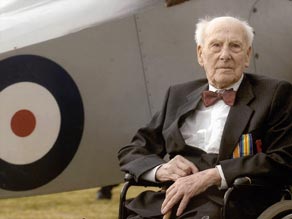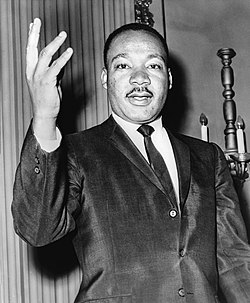The old addage “There’s no such thing as a free lunch,” rings true because of five primary factors:
- Although a free lunch is offered with the enticing promise of “something for nothing,” ulterior motives too often lurk in the background.
- While someone else might pay the monetary cost of our meal, we always pay with our time, which is the most valuable commodity we own.
- The giver nearly always wants something from us in return – perhaps just simple conversation, but more often than not, commitment to the giver’s cause, whatever that cause may be.
- By accepting a free lunch, we also accept an implied expectation of reciprocation – of giving back at some future point in time.
- Repeated acceptance of free lunches builds a lingering dependency upon, and consequential firmer commitment to, the lunch giver.
By accepting free lunches, we trade independence for dependence on and commitment to another, or, in the extreme case, freedom for slavery.
Political entitlements, such as government bailouts, health care safety nets or government pensions not directly tied to our personal contributions, are like free lunches. Each comes draped in the alluring promise of “something for nothing,” but requires the ultimate sacrifice of personal freedom.
Does this sound harsh? How can we equate acceptance of a payout from government to yielding to personal slavery? How can the government entitlements be as onerous as pre-civil ware slavery?
Exploring the meaning of two words is helpful:
- Entitle: to give (a person or thing) a title, right, or claim to something. The coupon entitles the bearer to a 25 percent savings.
- Enslave: to make a slave of; reduce to slavery: His drug addiction has completely enslaved him.
Accepting free lunches over a period of time instills a feeling of entitlement or inherent claim to something in the recipient. Once that feeling of entitlement becomes ingrained, enslavement kicks in. Dependence on the giver replaces independence in the recipient. Freedom is traded for slavery as surely as opiate addiction overcomes personal choice.
Accepting government handouts over a period of time has a similar effect. Politicians and the government institutions they control always want something in return for handouts or entitlements, including votes, political support and control.
For example, federal grants to states for education always come with explicit control over how states operate educational programs. Federal bailouts of private enterprise always come with federal control over corporate operations. Government grants to students comes with an implied expectation of political support for the sponsors of such legislation. In each case, the receiving institutions or individuals trade independence for external control, freedom for slavery.
But a more insidious consequence is the personal slavery that emerges when individuals progressively accept and become dependent on government entitlements as an essential part of their personal lives. Too often, easy money from government programs dulls personal motivation, reduces sense of opportunity, limits the drive to personal economic independence and mires recipients in a hopeless spiral of dependence. The implied “security” of government aid allows economic and emotional slavery to replace personal independence and freedom.
In the United States, years of government largess has progressively built an entitlement culture, a culture of slavery to the government. Personal freedom and independence have, for many people, been traded for the false sense of security promised by the recurring free lunch. Capitalizing on this pervasive expectation of something for nothing, politicians promise more and more in the form of pork barrel spending, government bailouts, and health care reform, knowing that if citizens are willing to trade personal independence and freedom for dependence on the government and consequential slavery, political objectives of power and control are easily within reach.
We must not stand by and allow the freedoms we enjoy be progressively eroded by the accelerating threat of entitlement slavery. As surely as our nation of freedom fought to break the chains of black slavery, we must fight to break the insidious bonds of entitlement slavery that threatens the very foundation of our free society. We must be willing to say “No more free lunches for us, thank you.” We must raise our voices in an articulate and resolute war of words to stop the downward spiral of our precious free society into the slavery of government entitlements.
 Today is Labor Day, a United States holiday formally established by Congress in 1894 to honor workers throughout the nation. We celebrated today by doing some yard work and then having a delightful family gathering at our son’s home. We flew the flag and relaxed and generally had a good time.
Today is Labor Day, a United States holiday formally established by Congress in 1894 to honor workers throughout the nation. We celebrated today by doing some yard work and then having a delightful family gathering at our son’s home. We flew the flag and relaxed and generally had a good time.





